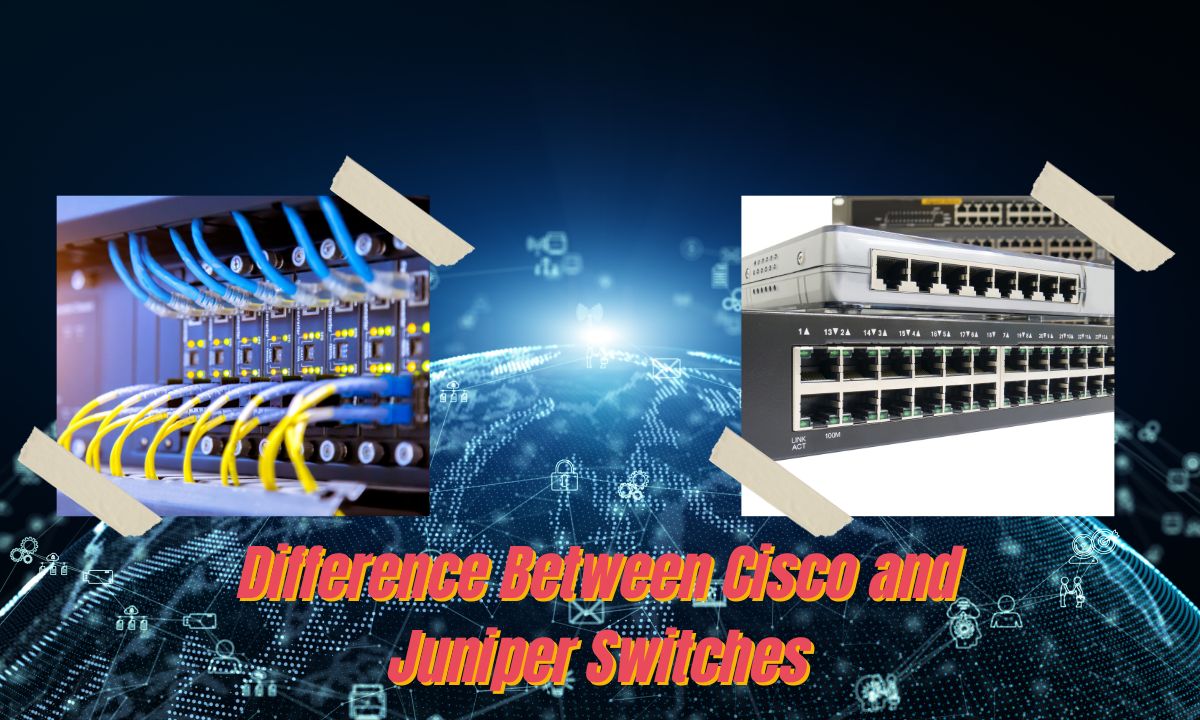Difference Between Cisco and Juniper Switches: A Comparison Guide
Maintaining a network for a business is crucial in the modern day. Instability and crashing in the network run the risk of corrupting all the data that is present on the network during such incidents. To ensure that this does not happen, businesses invest a lot in network accessories to support stable performance and strong connections on the network.
One of these network accessories is switches. There are two major options in the market known as Cisco switches and Juniper switches. Among these, which one of these choices is the right one for your business can be a tricky question to answer. So, let’s look at the differences between Cisco and Juniper switches.
- Latency Levels
One of the most important aspects of data transferring over a network is the latency levels that a network can maintain. A lower latency level indicates faster transfer speeds and thus is desirable. In this case, the Juniper switches are popular for offering low levels of latency, making them a very attractive choice, especially for applications that need good performance from the network.
- User Interface
The user interface is a key component for the efficient working of any system. A user interface that is easier to work with will be preferred in more businesses due to requiring less tech support to work with it. In this case, Cisco offers a user interface that is well-known and thus, easier to work with than Juniper’s user interface.
- Market Availability
Your switch options may not be determined by your personal preference. Stocks of network switches are often unreliable which makes availability an important factor that determines your business’s network switch. Due to their late introduction, Juniper switches are harder to find than Cisco switches that can be easily found in the market.
- Ethernet Ports
Most devices connect to a business’s network via Ethernet cables. A switch that has a lot of ethernet cable support can allow more devices to connect to its network. In this regard, Cisco switches are better than Juniper switches as Cisco switches offer more Ethernet ports as well as provide a better variety of ports like the PoE+ ports.
- Cost
Maintaining stable performance levels requires businesses to spend a lot on network accessories to protect their network. In the current market, Juniper is competing with Cisco with its more affordable costs than the industry standard. Keep in mind that this can change in the future as Cisco tries to remain at competitive pricing. So, choose according to your business’s specific needs.
- Quality of Service
With advancements in technology, the quality of service is also enhanced for the end users. Juniper switches being the more advanced network switches offer advanced features like traffic control and performance optimizations. Cisco’s quality of service focuses mostly on monitoring the traffic and lacks many of the advanced quality of service features that Juniper switches have.
Conclusion
Choosing between Cisco and Juniper switches is a difficult choice, but by looking at the right factors, you should be able to make the correct decision





